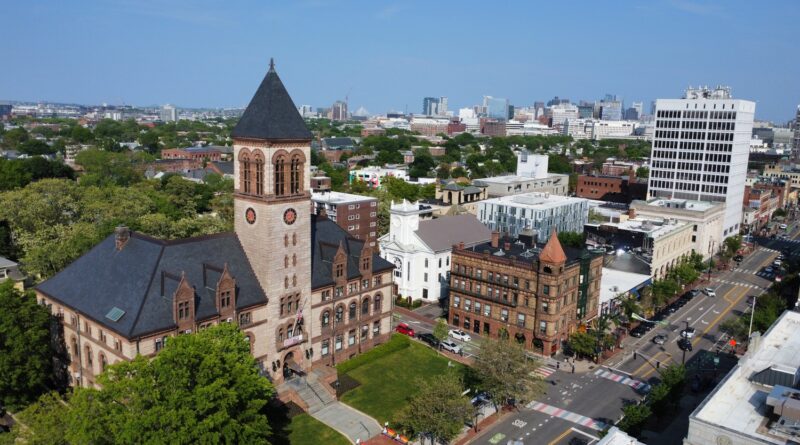History of Cambridge Massachusetts
Cambridge, Massachusetts, is a city brimming with history, culture, and intellectual vitality. Situated just across the Charles River from Boston, Cambridge has long been a focal point of academia, innovation, and social change. From its early colonial beginnings to its vibrant present-day identity, the city has continuously evolved, leaving behind a legacy that continues to shape the fabric of American society.
Colonial Roots
Founded in 1630 by a group of Puritan settlers led by Thomas Dudley and John Winthrop, Cambridge was initially known as Newtowne. The settlement quickly became a center for education with the establishment of Harvard College in 1636, making it one of the oldest universities in the United States. The presence of Harvard laid the groundwork for Cambridge’s reputation as an intellectual hub, a reputation that endures to this day.
Revolutionary Era
During the American Revolution, Cambridge played a pivotal role in the birth of the nation. In 1775, George Washington took command of the Continental Army in Cambridge, making the city his headquarters. The nearby Battle of Bunker Hill further solidified Cambridge’s place in American history, as it witnessed the early struggles for independence.
Industrialization and Innovation
As the 19th century unfolded, Cambridge experienced significant industrial growth and innovation. The construction of the Middlesex Canal in the early 1800s facilitated trade and commerce, while the emergence of industries such as textiles and manufacturing transformed the city’s landscape. With the founding of the Massachusetts Institute of Technology (MIT) in 1861, Cambridge solidified its status as a center for technological advancement and higher learning.
Cultural and Social Evolution
Throughout the 20th century, Cambridge became a focal point for cultural and social movements. The city’s diverse population, including students, intellectuals, and immigrants, fostered an environment of creativity and activism. From the civil rights movement to the counterculture of the 1960s, Cambridge was at the forefront of progressive change, exemplified by the influential figures who called the city home, including poets like e.e. cummings and political leaders like Elizabeth Warren.
Modern-Day Cambridge
Today, Cambridge continues to thrive as a vibrant and dynamic city. Its renowned universities, including Harvard and MIT, attract scholars and researchers from around the globe, while its thriving biotech and technology sectors drive innovation and economic growth. The city’s rich cultural scene, diverse neighborhoods, and green spaces contribute to its unique charm, making it a desirable place to live, work, and visit.
Conclusion
From its humble colonial beginnings to its status as a global center of education and innovation, the history of Cambridge, Massachusetts, is a testament to the enduring spirit of exploration, discovery, and progress. As the city continues to evolve, its rich tapestry of history serves as a source of inspiration and pride for residents and visitors alike.
Discover more from City Towner
Subscribe to get the latest posts sent to your email.




